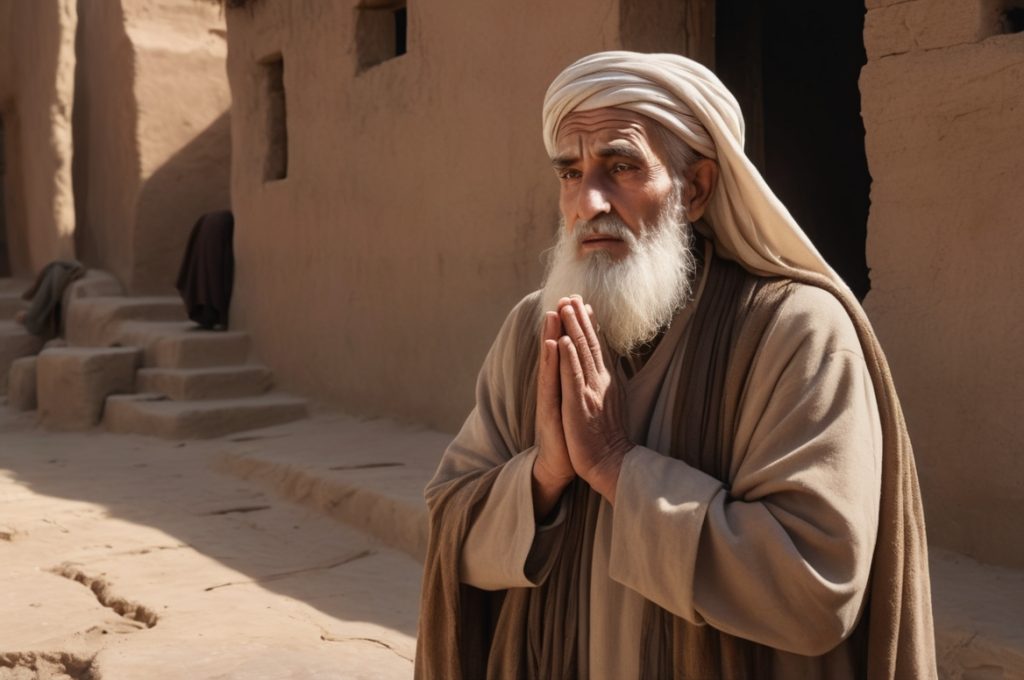Belief in the Day of Judgment in Islam: Understanding Iman bil-Yawm al-Akhir

Belief in the Day of Judgment in Islam, known in Arabic as Iman bil-Yawm al-Akhir, is a central tenet of Islamic faith and theology. It represents not only a spiritual conviction but also a powerful ethical compass that shapes the daily lives, decisions, and moral compass of Muslims around the world. As one of the six pillars of Iman (faith), belief in the Last Day holds a place of profound importance in Islamic eschatology, reminding believers of life’s temporality and the certainty of ultimate accountability.
This article aims to explore the essence and implications of Iman bil-Yawm al-Akhir by examining its meaning, significance, the sequence of eschatological events, and its influence on Muslim conduct in both personal and social spheres.
What is the Day of Judgment in Islam?

The Day of Judgment (Yawm al-Qiyamah) refers to the final and most momentous day in the life of the universe, when all of creation will be resurrected and judged by Allah for their actions in the worldly life. It marks the transition from the temporal realm to the eternal, where each soul will receive its recompense based on its faith and deeds.
According to Islamic teachings, this day will be preceded by numerous cosmic and spiritual events—signs both minor and major—that signal the end of the world. Following these signs, the trumpet will be blown by the angel Israfil, causing all life to perish. A second blowing will revive all beings, initiating the process of judgment.
The Qur’an and Hadith provide vivid descriptions of this day, highlighting its awe-inspiring magnitude and the absolute justice of Allah that will prevail. The concept of resurrection (ba’th), judgment (hisab), reward (jannah), and punishment (jahannam) are essential components of this belief.
The Significance of Belief in the Day of Judgment

The belief in the Day of Judgment in Islam is not merely a philosophical or theological concept—it is a spiritual force that imbues life with meaning and accountability. It establishes a sense of ultimate justice and retribution, assuring the oppressed and downtrodden that no action goes unnoticed by the Divine.
This belief also reinforces the idea that this world is a test. Success is not measured by material achievements, but by moral conduct, sincerity of worship, and righteousness. The presence of an afterlife ensures that every good deed—no matter how small—and every evil action—no matter how hidden—will be evaluated by Allah, the Most Just.
In Surah Al-Zalzalah (99:7-8), Allah states:
“So whoever does an atom’s weight of good will see it, and whoever does an atom’s weight of evil will see it.”
This verse alone encapsulates the essence of Iman bil-Yawm al-Akhir—nothing is overlooked in the divine scale of justice.
Events of the Last Day According to Islamic Eschatology

Islamic eschatology presents a rich and detailed account of the events that will unfold as the world nears its end:
- Minor and Major Signs – These include widespread corruption, loss of trust, natural disasters, the emergence of false messiahs, and the appearance of the Mahdi and the return of Prophet Isa (Jesus, peace be upon him).
- Blowing of the Trumpet – The angel Israfil will blow the trumpet, initiating the end of the universe. The first blast causes death; the second brings resurrection.
- Resurrection (Ba’th) – All humans from the beginning of time will be resurrected from their graves.
- Gathering (Hashr) – All creation will be gathered in one place for judgment.
- Judgment (Hisab) – Everyone’s deeds will be weighed. Records of actions (sijjin for the wicked and illiyyin for the righteous) will be presented.
- Crossing the Sirat (Bridge) – A bridge over Hell that must be crossed. The righteous will pass swiftly, while the wicked may fall.
- Final Destination – Paradise (Jannah) for the righteous and Hell (Jahannam) for those who denied Allah and lived in sin.
These events highlight the seriousness and comprehensive nature of Islamic eschatology, which serves as a reminder for believers to remain steadfast in their faith and deeds.
How This Belief Shapes Muslim Behavior

The belief in the afterlife in Islam profoundly influences Muslim behavior on both personal and societal levels. It creates a sense of moral vigilance and inner accountability. A Muslim who truly believes in Iman bil-Yawm al-Akhir is constantly aware that their actions are being recorded, and that a day will come when they will stand before their Creator with no intercessor but their deeds.
1. Moral Responsibility
This belief deters wrongdoing and promotes ethical behavior. Whether in business, family, or community affairs, a believer strives for honesty, compassion, and justice, fearing the divine consequences of oppression and injustice.
2. Patience and Perseverance
Muslims enduring hardships, loss, or oppression draw strength from their conviction in the Day of Judgment. They know that true justice will be served in the Hereafter, and every trial faced with patience will be rewarded.
3. Sincere Worship and Charity
Actions are performed with sincerity (ikhlas) and mindfulness, not for worldly recognition but for the reward of Allah. Charity, prayers, fasting, and good deeds are done with the awareness that they will tip the scale in one’s favor on the Day of Judgment.
4. Social Harmony and Justice
A society founded on belief in accountability fosters peace, cooperation, and social responsibility. The concept that every action has consequences curbs selfishness and motivates people to work for collective well-being.
Conclusion
Belief in the Day of Judgment in Islam is a transformative force that guides the heart, shapes the conscience, and anchors the soul. It is a fundamental element of Iman that affirms the reality of divine justice and the eternity of the soul. Understanding Iman bil-Yawm al-Akhir offers not only spiritual insight but also a framework for living a meaningful, ethical, and God-conscious life.
For those seeking to delve deeper into Islamic eschatology, this belief serves as a powerful reminder: that life is fleeting, actions are accountable, and the ultimate return is to Allah.




